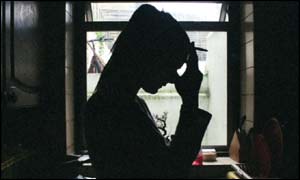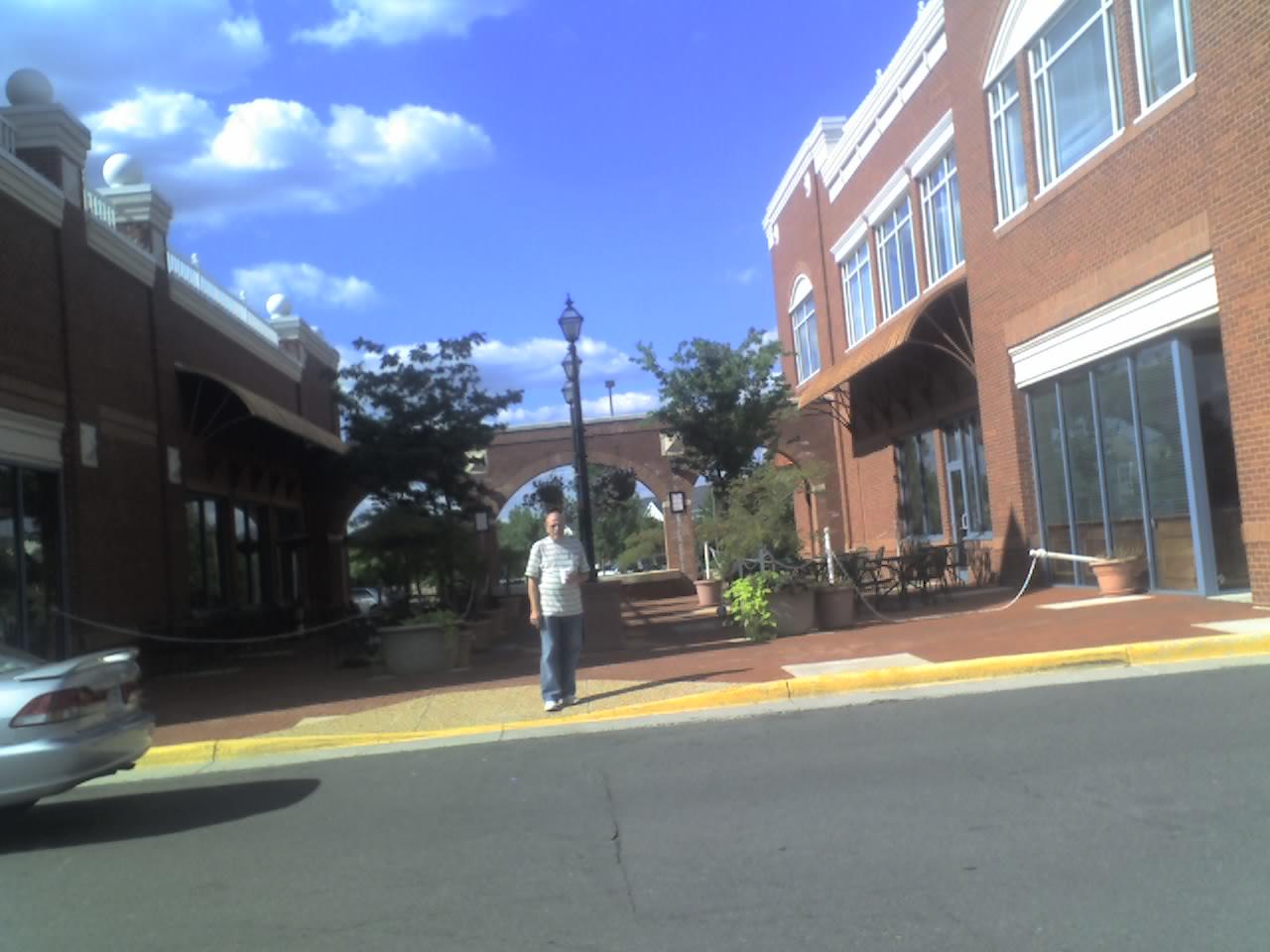DBSA-Ashburn is a self-help organization serving individuals with bipolar
The support group meets each Wednesday at 8 p.m. in Ashburn Psychological and Psychiatric Services‘ Suite 214 in the conference room on the second floor of 44110 Ashburn Village Shopping Plaza. The office building can be reached by entering the shopping center’s center courtyard and entering the double doors on your left. Take the elevator or stairwell to the second floor and we are in the first room on the right. We are open to anyone who has bipolar and can help those with other mood disorders or family members and friends find other resources and support groups.

Our support groups are for those with bipolar. Our support groups serve to enhance the lives of those with bipolar disorder through sharing, learning, helping and growing with a group of people who have been through similar experiences.
Contacting Us
Contact the Office Manager, Rita Meredith, at Ashburn Psychological and Psychiatric Services for information: (703) 723-2999 or ashburnpsych@gmail.com.
About Bipolar Disorder
Bipolar disorder, also known as manic-depressive illness, is a brain disorder that causes unusual shifts in a person’s mood, energy, and ability to function. Different from the normal ups and downs that everyone goes through, the symptoms of bipolar disorder are severe. They can result in damaged relationships, poor job or school performance and even suicide. But there is good news: bipolar disorder can be treated, and people with this illness can lead full and productive lives.
It is estimated that somewhere between 2 million and 5 million American adults, 1 or about 1 percent to 2 percent of the population, have bipolar disorder. Bipolar disorder typically develops in late adolescence or early adulthood. However, some people have their first symptoms during childhood, and some develop them late in life. It is often not recognized as an illness, and people may suffer for years before it is properly diagnosed and treated. Like diabetes or heart disease, bipolar disorder is a long-term illness that must be carefully managed throughout a person’s life.
Kay Redfield Jamison, a psychologist who specializes in mood disorders and suffers from bipolar herself, wrote in her critically acclaimed book An Unquiet Mind , “Manic-depression distorts moods and thoughts, incites dreadful behaviors, destroys the basis of rational thought, and too often erodes the desire and will to live. It is an illness that is biological in its origins, yet one that feels psychological in the experience of it; an illness that is unique in conferring advantage and pleasure, yet one that brings in its wake almost unendurable suffering and, not infrequently, suicide.” She adds, “I am fortunate that I have not died from my illness, fortunate in having received the best medical care available, and fortunate in having the friends, colleagues, and family that I do.
Bipolar disorder causes dramatic mood swings—from overly “high” and/or irritable to sad and hopeless, and then back again, often with periods of normal mood in between. Severe changes in energy and behavior go along with these changes in mood. The periods of highs and lows are called episodes of mania and depression.
